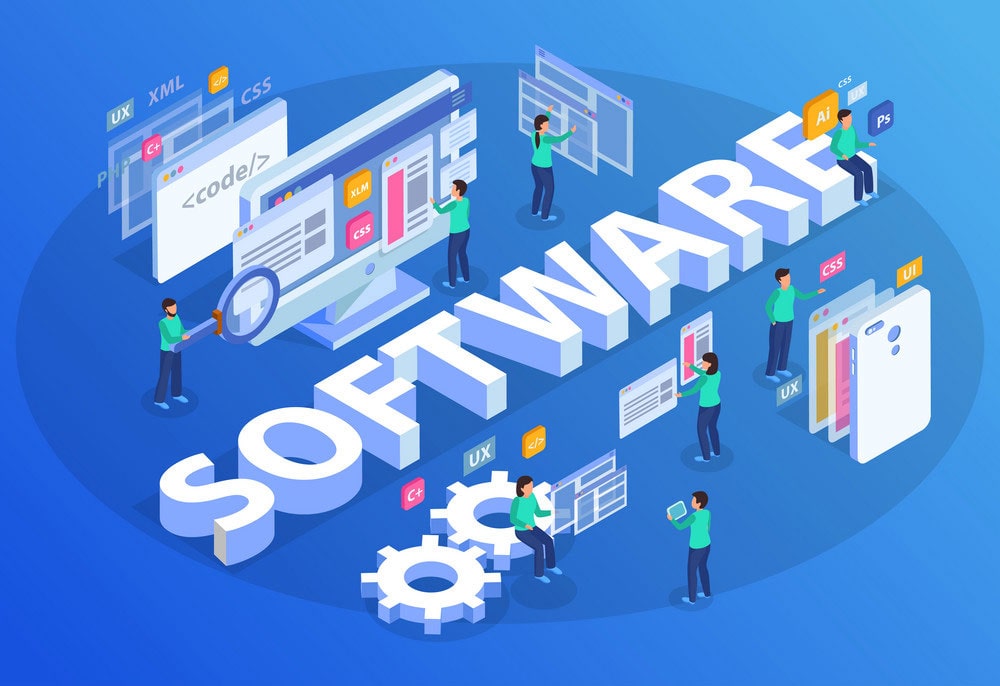In today’s fast-paced digital world, businesses of all sizes are leveraging technology to stay competitive, optimize operations, and provide better customer experiences. However, deciding whether your business should invest in custom software development can be a challenging process. Off-the-shelf software often seems like an easy choice, but it may not always align perfectly with your unique needs.
This guide aims to help you determine whether custom software development is the right path for your business. By understanding key indicators and assessing your requirements, you can make an informed decision that supports your goals.
What Is Custom Software Development?
Custom software development involves designing, creating, and maintaining software solutions tailored specifically to your business. Unlike off-the-shelf software, which is created for mass use, custom software is built to meet your unique needs, ensuring a better fit for your processes, objectives, and growth trajectory.
Signs Your Business Might Need Custom Software Development
1. Off-the-Shelf Software Falls Short
Generic software often includes features you don’t need while missing critical functionalities you do. If you find yourself:
- Modifying your workflows to fit the software.
- Using multiple tools to cover gaps.
- Experiencing inefficiencies due to unnecessary features.
Then, custom software might be the solution.
2. Your Business Has Unique Processes
Not every business operates the same way, and some industries demand specialized workflows. Off-the-shelf solutions may fail to accommodate these needs.
Questions to Ask:
- Do we have processes that require unique software functionality?
- Are we using workarounds to make the current software work?
3. Scalability Challenges
As your business grows, your software should grow with you. If you’re facing scalability issues, such as:
- Performance lags when handling increased data.
- Limited user capacity.
- High upgrade costs.
Custom software can be designed with scalability in mind, ensuring seamless growth.
4. Integration Problems
Modern businesses rely on a mix of software tools. If your current systems don’t integrate well, it can result in:
- Data silos.
- Manual transfer of information.
- Inconsistent reporting.
Custom software can act as a bridge, integrating with existing systems to create a cohesive workflow.
5. High Licensing Costs
Subscription-based software can quickly become expensive as your business grows. Over time, these recurring costs may surpass the initial investment in custom software.
Example: A SaaS product charging per user may become unsustainable for businesses with a growing team.
6. Security and Compliance Requirements
Industries like finance, healthcare, and legal often have stringent security and compliance standards. Off-the-shelf software may not offer the flexibility to meet these requirements.
Solution: Custom software ensures that security features and compliance protocols are built into the system.
7. Customer Experience Is Suffering
If your software isn’t helping you provide a seamless and personalized experience for your customers, it could hurt your reputation. Custom software can empower you to:
- Offer tailored solutions.
- Reduce response times.
- Simplify user interactions.
Advantages of Custom Software Development
1. Tailored to Your Needs
Custom software is built around your specific requirements, ensuring a perfect fit.
2. Improved Efficiency
By eliminating unnecessary features and addressing inefficiencies, custom software streamlines operations.
3. Competitive Edge
A unique, tailored solution can set you apart in your industry.
4. Cost-Effective in the Long Run
While the initial investment is higher, custom software eliminates recurring licensing fees and reduces inefficiencies.
5. Full Control
You decide how your software evolves, from updates to new features.
When Custom Software May Not Be the Best Option
Custom software isn’t always the right choice. Here are some scenarios where off-the-shelf solutions may work better:
- Limited Budget: Custom development requires a significant upfront investment.
- Standard Needs: If your business has basic requirements, a generic solution might suffice.
- Urgent Implementation: Off-the-shelf software is immediately available, while custom development takes time.
How to Decide If You Need Custom Software Development
1. Assess Your Business Needs
Identify pain points in your current processes and software. What challenges are you facing? What features do you need?
2. Evaluate Costs
Compare the long-term costs of off-the-shelf software (licensing, upgrades) versus the upfront investment in custom software.
3. Consult Experts
Speak with software developers or consultants to understand the feasibility and potential ROI of custom software for your business.
4. Think Long-Term
Consider scalability, integrations, and your future goals. Will off-the-shelf software support your growth?
Conclusion
Choosing between off-the-shelf software and custom software development is a critical decision that can significantly impact your business’s success. If your business struggles with scalability, unique processes, integration issues, or high licensing costs, custom software could be the ideal solution.
Understanding your specific needs is key. Take the time to analyze your current systems, identify gaps, and consult with experts before making a decision. At One Technology Services, we believe in empowering businesses with knowledge to make informed choices, ensuring their software aligns perfectly with their goals.
By making the right decision, you can unlock new opportunities for growth, efficiency, and inn

